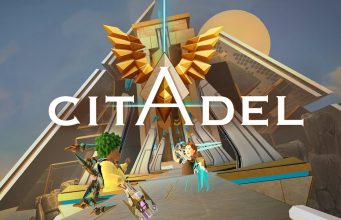Meta’s layoffs leave Supernatural fitness users in mourning
There is a split in the community about who will stay and continue to pay the subscription fee and who will leave. Supernatural has more than 3,000 lessons available in the service, so while new content won’t be added, some feel there is plenty of content left in the library. Other users worry about how Supernatural will continue to license music from big-name bands.
“Supernatural is amazing, but I am canceling it because of this,” Chip told me. “The library is large, so there’s enough to keep you busy, but not for the same price.”
There are other VR workout experiences like FitXR or even the VR staple Beat Saber, which Supernatural cribs a lot of design concepts from. Still, they don’t hit the same bar for many of the Supernatural faithful.
“I’m going to stick it out until they turn the lights out on us,” says Stefanie Wong, a Bay Area accountant who has used Supernatural since shortly after the pandemic and has organized and attended meetup events. “It’s not the app. It’s the community, and it’s the coaches that we really, really care about.”
Welcome to the new age
I tried out Supernatural’s Together feature on Wednesday, the day after the layoffs. It’s where I met Chip and Alisa. When we could stop to catch our breath, we talked about the changes coming to the service. They had played through previous sessions hosted by Jane Fonda or playlists with a mix of music that would change regularly. This one was an artist series featuring entirely Imagine Dragons songs.
In the session, as we punched blocks while being serenaded by this shirtless dude crooning, recorded narrations from Supernatural coach Dwana Olsen chimed in to hype us up.
“Take advantage of these moments,” Olsen said as we punched away. “Use these movements to remind you of how much awesome life you have yet to live.”
Frankly, it was downright invigorating. And bittersweet. We ended another round, sweaty, huffing and puffing. Chip, Alisa, and I high-fived like crazy and readied for another round.
“Beautiful,” Alisa said. “It’s just beautiful, isn’t it?”
Meta’s layoffs leave Supernatural fitness users in mourning Read More »



